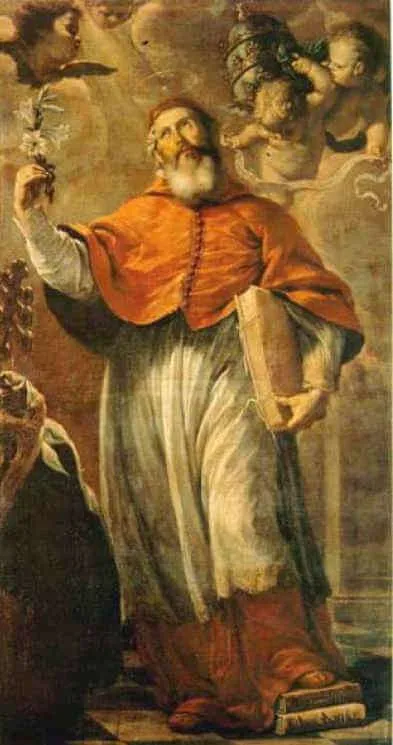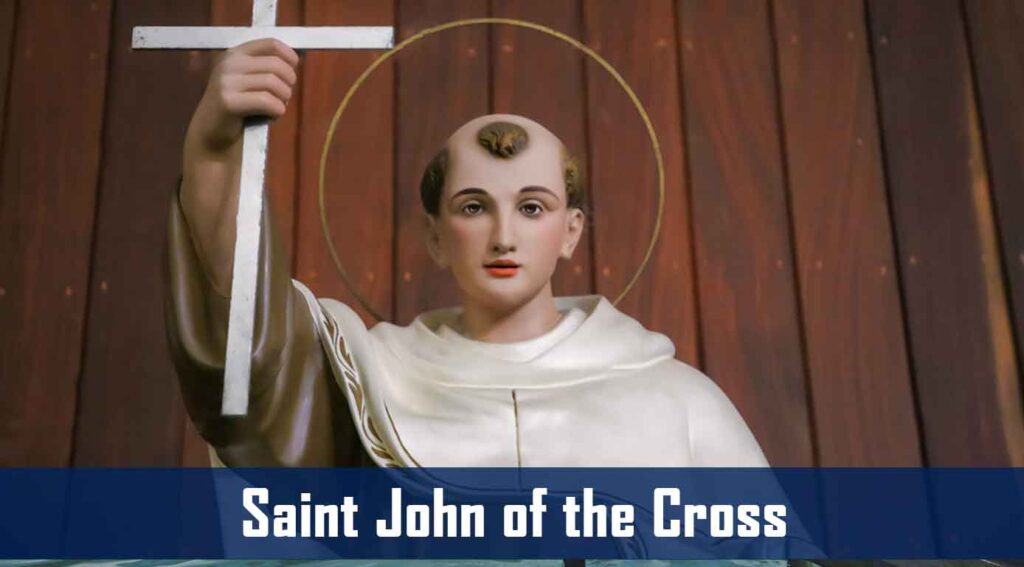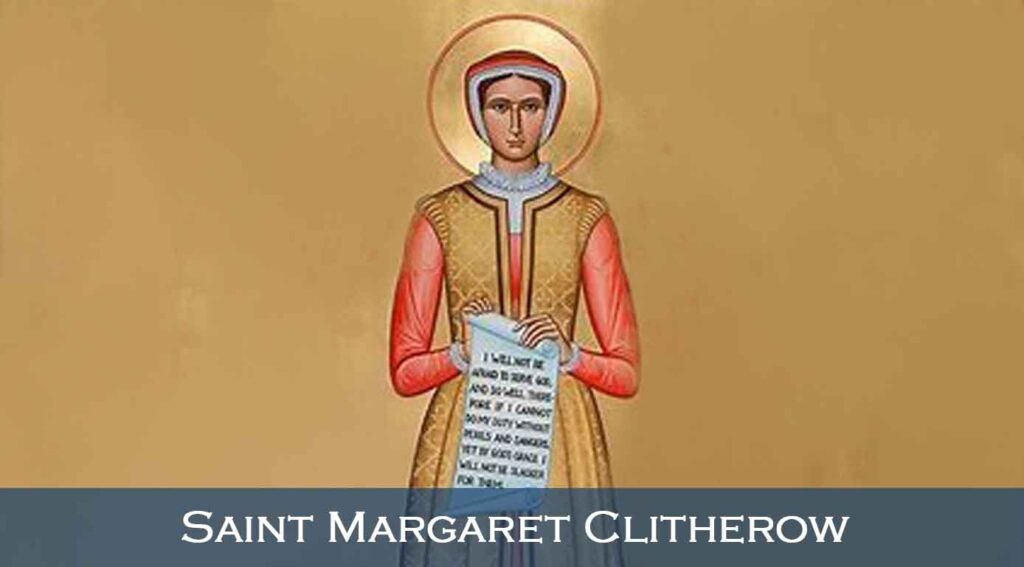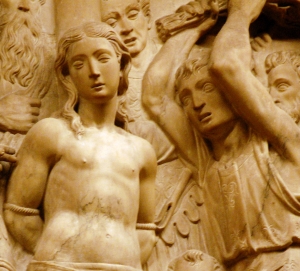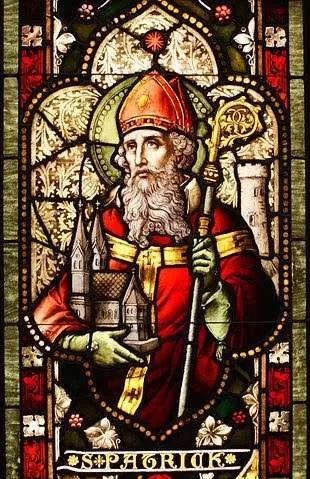Patron Saint of archeologists
In 352, when Damasus was about forty-five, Liberius was chosen as the Bishop of Rome and served in that capacity for the next fourteen years. At the time of Liberius’ papal election, Damasus was an Archdeacon in Rome, serving at the Church of Saint Lawrence.
In 354, one of Constantine the Great’s sons, Emperor Constantius II, was co-emperor of the empire, along with his two brothers. Constantius II supported the Arian heresy that had been plaguing the Church for about thirty-five years, so he sent Pope Liberius into exile to a prison in Beroea for refusing to condemn Saint Athanasius, then the Archbishop of Alexandria, Egypt, for opposing Arianism.
Some records indicate that Archdeacon Damasus followed him into exile but returned to Rome shortly afterwards. At the time of Pope Liberius’ exile, Emperor Constantius II attempted to elect Felix II to the papacy. However, when the Roman citizens forced the emperor to recall Pope Liberius to Rome, Antipope Felix had to flee. Pope Liberius died in 366 in Rome.
At the death of Pope Liberius, Damasus was elected as the thirty-seventh Bishop of Rome around the age of sixty-one. Immediately, violent controversy ensued. Supporters of Antipope Felix, who had died a year earlier, rejected Damasus as pope and elected Ursicinus, another deacon in Rome. At that time, both the clergy and laity had a say in the election of their bishops. Emperors also expected the candidate-elect to be presented to him for approval.
When Pope Damasus and Antipope Ursicinus were simultaneously elected, the division became so severe that a reported 137 people were killed in the violent clashes. Eventually, the Roman civil authorities intervened and restored peace by supporting Pope Damasus and exiling Antipope Ursicinus. Pope Damasus’ enemies then accused him of murder and even adultery, but the pope rose above these calumnies.
Once Pope Damasus was securely established as the Bishop of Rome, he directed his efforts toward the governance of the Church and the preservation of orthodox doctrine. He convened synods in Rome to address heretical threats and to affirm the Nicene Creed. He remained a staunch opponent of Arianism, a heresy that persisted in various forms, despite being condemned at the First Council of Nicaea in 325. Pope Damasus was also concerned with the rising heresies of Macedonianism, which denied the full divinity of the Holy Spirit, and Apollinarianism, which denied the full humanity of Christ.
In 381, Pope Damasus appointed papal legates to represent him at the First Council of Constantinople, the second universal ecumenical council of the Catholic Church. This council not only condemned Macedonianism but also expanded the Nicene Creed to emphasize the divinity of the Holy Spirit. It also affirmed the human and divine natures of Christ, in opposition to Apollinaris’ teachings. Pope Damasus’ dedication to doctrinal orthodoxy significantly shaped the Church’s stance against these heresies and strengthened Nicene Christianity.
Perhaps one of the greatest contributions that Pope Damasus made to the Church was the commissioning of Saint Jerome to produce what is now known as the Vulgate Bible. In 382, Pope Damasus summoned the recently ordained Father Jerome from Constantinople to Rome to serve as his secretary and counselor.
Recognizing the need for a reliable Latin Bible due to the existence of many poor translations, all of which lacked cohesion, the pope commissioned Jerome to create a new Latin translation (the vernacular in the empire) from the original Greek and Hebrew sources. This new translation also had the effect of helping the Church to define which books of the Bible make up the inspired Word of God, the official canon. Jerome began this monumental task with the New Testament, translating it from Greek to Latin. Though it took him many years to complete, his translation became the standard Latin translation of the Bible and remains so today.
Pope Damasus also worked hard to improve the liturgy. He introduced the singing of psalms, helped develop the General Roman Calendar, restored churches, and commissioned sacred art. He had a great devotion to the saints (especially the martyrs), restored the catacombs in which they were buried, personally wrote poetic epitaphs for their tombs, and added special feast days in their honor.
Though today the authority of the successor of Saint Peter, the Bishop of Rome, is clearly established as being the supreme pastor of the Church, it was not so at that time. Pope Damasus was instrumental in helping to lay the theological groundwork for that doctrine as it continued to unfold for centuries, strenuously arguing that the see of the Bishop of Rome did not receive its authority from any Church council but from Jesus Himself Who said, “And so I say to you, you are Peter, and upon this rock I will build my church, and the gates of the netherworld shall not prevail against it” (Matthew 16:18).
In 380, Emperor Theodosius I, along with co-Emperors Gratian and Valentinian II, issued the Edict of Thessalonica, which declared that the Christian faith, as defined by the teachings of the Councils of Nicaea and Constantinople, was the official religion of the Roman Empire. This edict helped to further eliminate Arianism and other heresies. It is hard to predict what would have happened during that period had Pope Saint Damasus not been such a strong leader in orthodoxy.
Pope Saint Damasus lived and served during a transformative time for the Church. He was born during the worst imperial persecution of Christians but saw religious tolerance established with the Edict of Milan and saw Christianity become the official religion of the Roman Empire four years before his death.
As we honor this great saint, who had such a reverence for the saints who had gone before him, ponder the fact that our Church today professes the faith that he so vigorously fought to defend and define. His doctrinal purity, love for the liturgy, veneration for the saints, and pastoral ministry all contributed to the fruitful growth of the Church throughout Europe, and eventually to the ends of the earth. Commit yourself more fully to imitate Saint Damasus’ love for the orthodox faith so that you will share more fully in the sanctity that he now shares in Heaven.
Source: https://mycatholic.life/saints/saints-of-the-liturgical-year/11-december-saint-damasus-i-pope–optional-memorial

